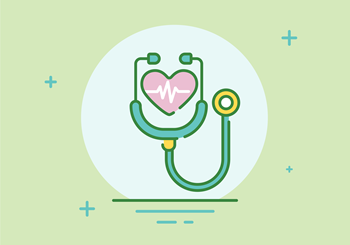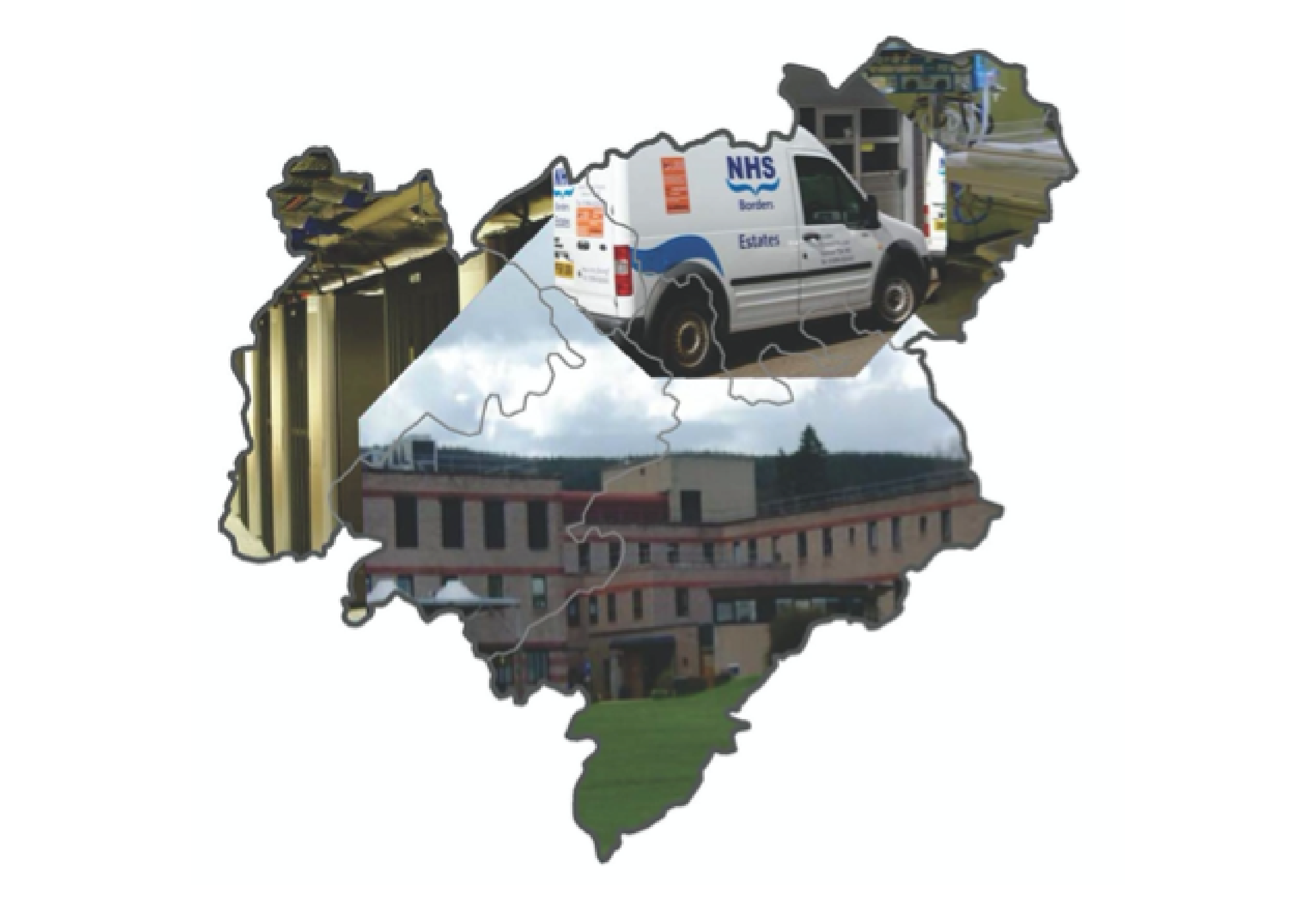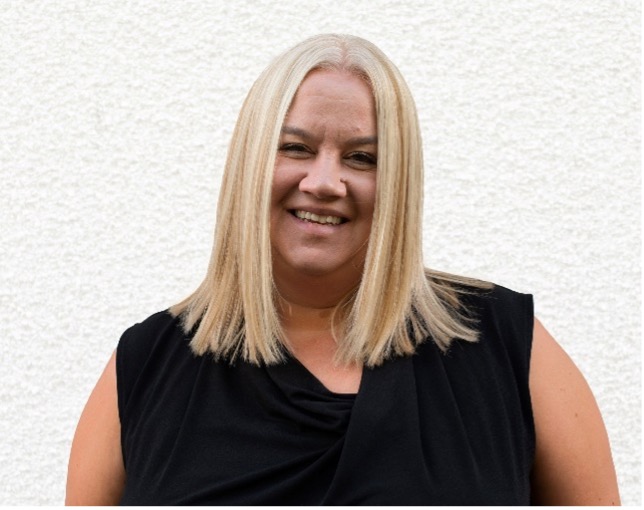Working and Learning and Belonging

Working and learning and belonging
Being a doctor in training in a District General Hospital
An invitation to train in a District General Hospital

“Choose a job you love, and you will never have to work a day in your life” Confucius
In 2015, I started a new consultant job in NHS Borders, primarily focussing on redesigning their Acute Medicine Service. Having worked since completion of training in a large central teaching hospital, I had forgotten how much I loved the camaraderie of District General Medicine and the sense of family that often accompanies this. Walking into the Borders General Hospital on my first day, I was greeted with great warmth by many people, which surprised me as I hadn’t worked there for 7 years (when I had been there as a medical registrar). This incredibly positive start has been reinforced many times since, with a strong feeling of support and care from and for, those that I work with.
It has been a long time since I worked as a junior doctor and I recognise that many changes have occurred since then. However, what I don’t think changes is the basic human need to feel part of a team, where you add value and where you are valued.
District General Medicine is heavily reliant upon junior doctors and as such, their value is not underestimated but more celebrated for the incredible work that they do.
Undertaking the management of a completely unselected medical take at IMT 3 level, is a significant undertaking but the importance of exposure to that variation (without the removal of various specialty conditions) should not be underestimated. District General Hospitals also often have capacity to support specific training requirements such as ultrasound training or interventional procedures, where these opportunities may be specialty specific elsewhere.
I often hear trainees describe the challenges of travel to remote and rural hospitals however many sites will provide accommodation for junior doctors, to ensure that you are safe following long shifts. In NHS Borders, we provide this where requested and endeavour to try to give our colleagues options at the end of long shifts. Remote and rural sites also have other benefits, with glorious countryside to explore and a wide range of sporting activities that go hand and hand with rural living. A sense of community is also key in these smaller sites and we see our junior doctors that stay locally creating that medical community, something that has been somewhat eroded over the years with shift working. This supportive “work family” is incredibly important, especially with the current pressures that all health services are under.
So, I commend to you the benefits of District General Medicine across Scotland and assure you that your roles within these sites are incredibly valued, not only in relation to patient care but as part of our wider medical community. Embrace the opportunity that they offer and enjoy the fun and camaraderie that they provide and remember—DGHs are also a brilliant place to work as a consultant!

Lynn McCallum Acute Medicine Consultant & Medical Director, NHS Borders

Working and learning and belonging
Being a doctor in training in a District General Hospital
